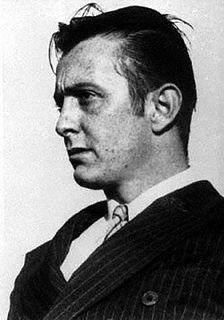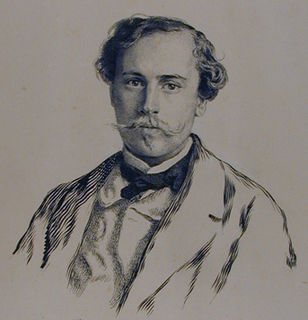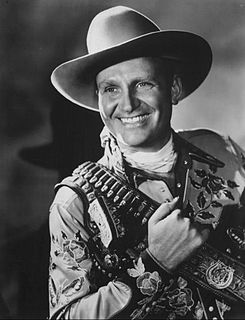A Quote by Elizabeth George
I attempt to write a good novel. Whether it is literature or not is something that will be decided by the ages, not by me and not by a pack of critics around the globe.
Related Quotes
Listen closely. There’s a remote possibility that you might learn something: First, I don’t give a damn if my work is commercial or not…I’m the writer. If what I write is good, then people will read it. That’s why literature exists. An author puts his heart and guts on the page. For your information, a good novel can change the world. Keep that in mind before you attempt to sit down at a typewriter. Never waste time on something you don’t believe in yourself.
One of the things I always underscore when I teach criticism is that young critics, or would be critics, frequently have this illusion that if they write about music they're somehow part of music, or if they write about movies they're part of movies, or of they write about theater they're part of theater, or write about literature. Writing is a part of literature, we belong the species of literature. If you add all the music reviews together that have ever been written, they don't create two notes of music.
No writer, I believe, should attempt a novel before he is thirty, and not then unless he has been hopelessly and helplessly involved in life. For the writer who goes out to find material for a novel, as a fishermen goes out to sea to fish, will certainly not write a good novel. Life has to be lived thoughtlessly, unconsciously, at full tilt and for no purpose except its own sake before it becomes, eventually, good material for a novel.
There are three difficulties in authorship;-to write any thing worth the publishing-to find honest men to publish it -and to get sensible men to read it. Literature has now become a game; in which the Booksellers are the Kings; The Critics the Knaves; the Public, the Pack; and the poor Author, the mere table, or the Thing played upon.
God will not turn away from doing you good. He will keep on doing good. He doesn't do good to His children sometimes and bad to them other times. He keeps on doing good and He never will stop doing good for ten thousand ages of ages. When things are going bad that does not mean God has stopped doing good. It means He is shifting things around to get them in place for more good, if you will go on loving Him.
After reading Edgar Allan Poe. Something the critics have not noticed: a new literary world pointing to the literature of the 20th Century. Scientific miracles, fables on the pattern A+ B, a clear-sighted, sickly literature. No more poetry but analytic fantasy. Something monomaniacal. Things playing a more important part than people; love giving away to deductions and other forms of ideas, style, subject and interest. The basis of the novel transferred from the heart to the head, from the passion to the idea, from the drama to the denouement.
A lot of times, somebody will say something and it will give you a good title. So you carry a pencil with you and jot that down. You don't just write a song right quick, though. You fool around and work with it. You have to keep going over and over it and see if you can't write a song that means something.



































